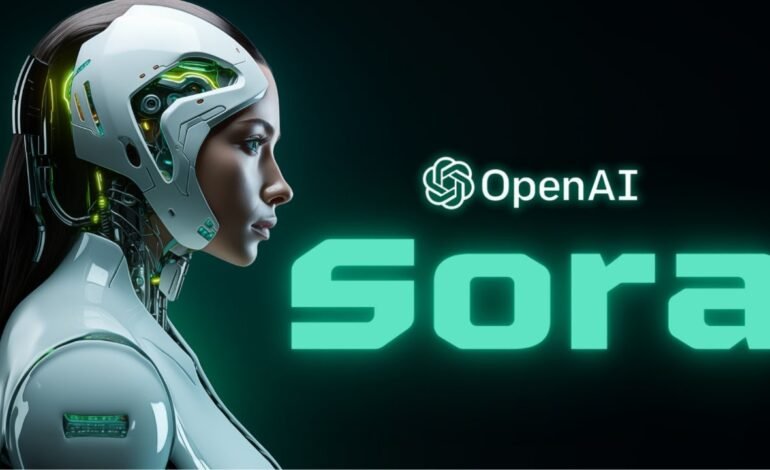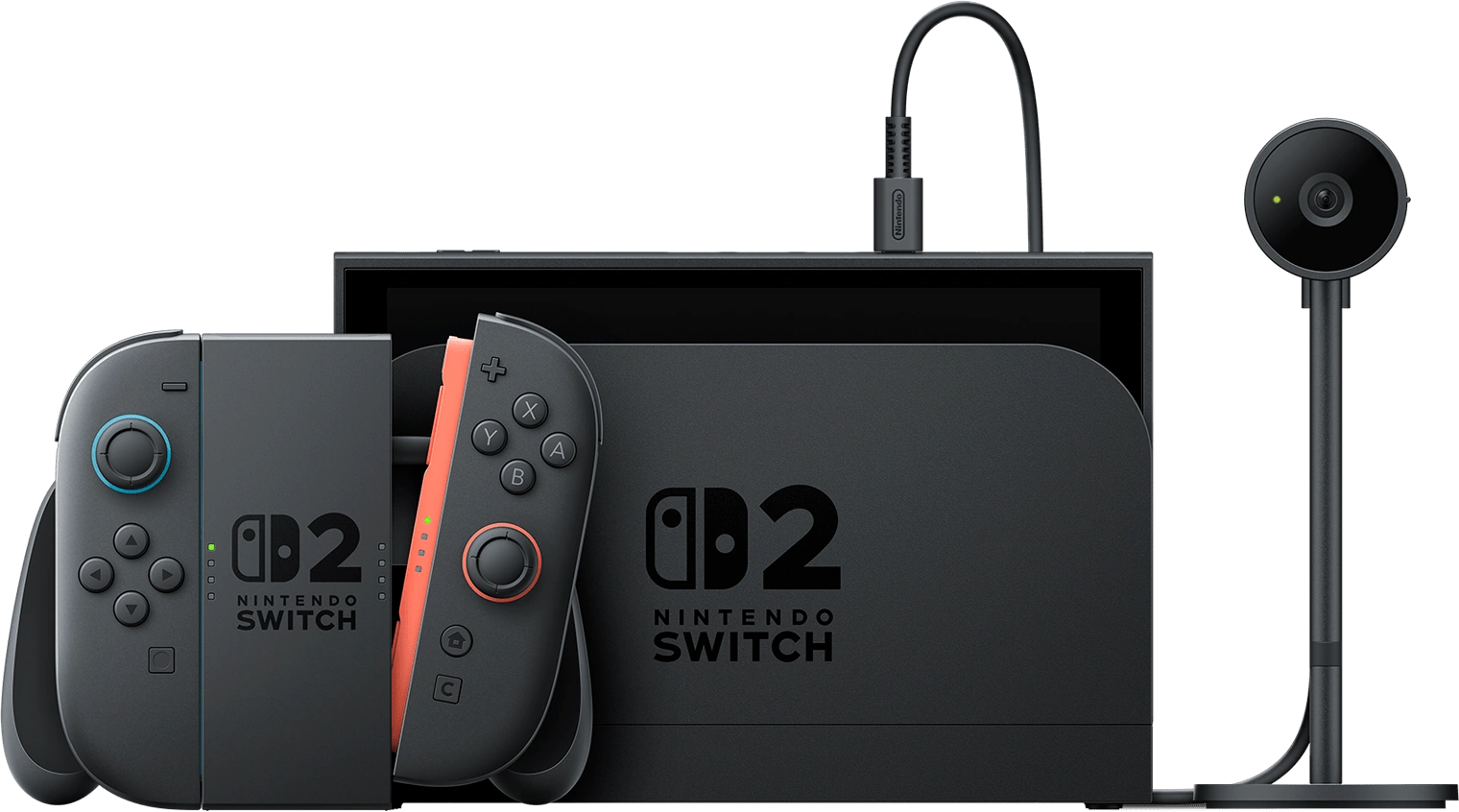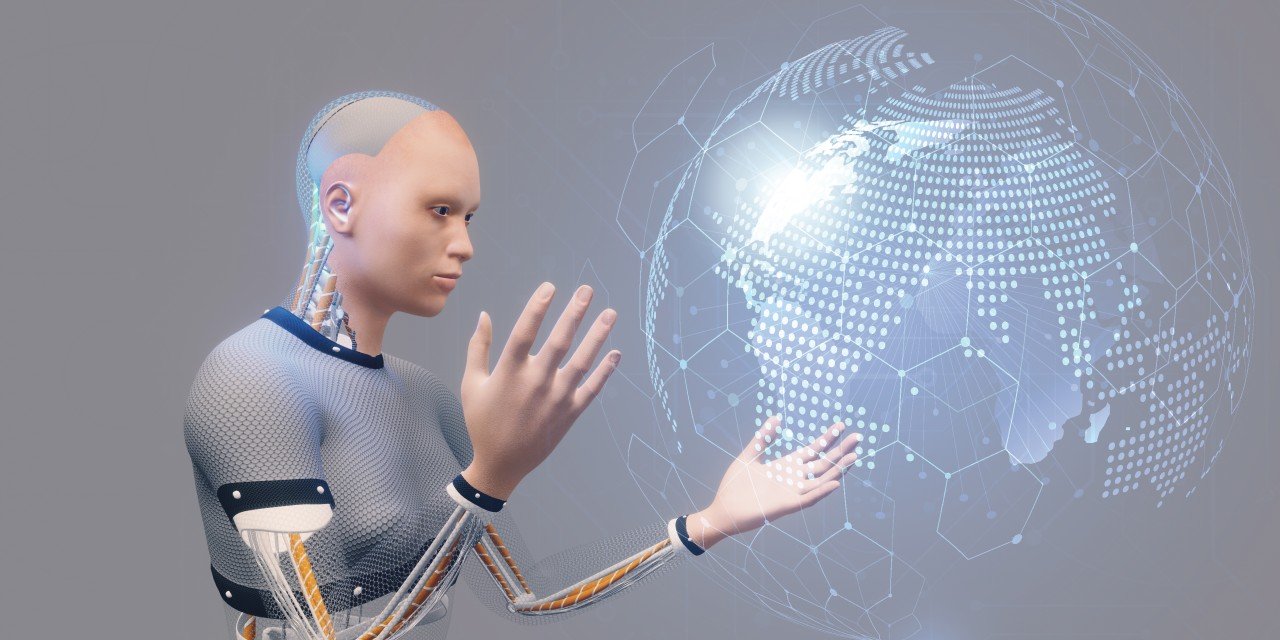Is AI Actress Tilly Norwood The Real Star Of Hollywood’s Next Act?

Let’s be honest. If you had told people twenty years ago that computers would be writing screenplays, editing trailers, and even acting on screen, most would have laughed. Yet here we are. And leading this curious new chapter is AI actress Tilly Norwood, a digital performer shaking up everything from casting to contracts.
It’s clever. It’s controversial. And it’s making everyone from film buffs to union bosses ask what it really means to be an actor in the age of algorithms.
Meet AI Actress Tilly Norwood: The Perfect Performer Who Never Sleeps
AI actress Tilly Norwood doesn’t need sleep, snacks, or a personal trailer with scented candles. She doesn’t forget her lines or throw tantrums when someone moves her lighting. Created entirely by a team of developers and designers, she’s capable of delivering flawless performances across films, adverts, and even music videos.
She can smile, cry, flirt, or deliver an Oscar-worthy speech, all programmed through data and digital artistry. The technology behind her makes AI in Hollywood look more like science fiction come to life.
Producers adore her. She doesn’t age, doesn’t get sick, and can film ten projects at once. A dream for studio budgets. But for actors who’ve spent years perfecting their craft, this new reality feels more like a horror movie than a dream sequence.
And here’s where the story gets spicy. The rise of AI in Hollywood has split the industry right down the middle. Some see it as progress. Others call it a creative crisis.
The Big Ethical Plot Twist
The creation of AI actress Tilly Norwood opened a Pandora’s box of moral questions. Who owns an AI performance? The studio that built her? The programmers who coded her? Or the actors whose likenesses and voices inspired her design?
This is where ethical issues in AI filmmaking take centre stage. It’s not just about technology. It’s about ownership, consent, and fairness.
The BBC has already reported that some actors have found digital replicas of their faces appearing in projects they never agreed to (BBC, 2024). Imagine seeing your face in a romantic film you never acted in. It’s creepy and raises serious questions about control over one’s own identity.
And when studios can train AI models using thousands of images of real people, where exactly is the line between inspiration and imitation?
The SAG-AFTRA AI Strike And Why It Matters
In 2024, the SAG-AFTRA AI strike hit the film industry like a storm. Thousands of performers joined forces to demand protection from having their images and voices scanned and reused without permission.
Actors argued that without clear boundaries, studios could pay someone once to record a few lines, then use that data forever. The union called it “digital slavery,” and you can see why.
The SAG-AFTRA AI strike wasn’t about resisting innovation. It was about fairness and creative respect. The union’s message was simple: humans should still have a say in how their likeness is used.
And even AI actress Tilly Norwood, as stunning as she looks on screen, symbolises that debate. She represents both progress and danger, efficiency and exploitation.
Can AI Actress Tilly Norwood Truly Act?
That’s the golden question. Can a digital performer ever replace the spark that makes a human actor magnetic?
To be fair, AI in Hollywood can do impressive things. Algorithms can learn micro-expressions, study voice tone, and mimic subtle gestures. AI-generated performances are smoother, faster, and eerily lifelike. But there’s still something missing: that raw, imperfect energy that turns a good scene into a memorable one.
Think of Joaquin Phoenix’s nervous laugh in Joker. Or Viola Davis’s trembling lip in Fences. Those moments weren’t in the script. They happened because humans feel things machines can only copy.
An Oxford University study found audiences subconsciously detect emotional differences between real and synthetic performers, even when visuals look identical (Oxford University, 2024).
People can sense when emotion isn’t real. That’s a major hurdle for AI actress Tilly Norwood and anyone else made from code.
The Business Behind AI In Hollywood
Now let’s talk money. The rise of AI in Hollywood isn’t just creative. It’s financial. Studios are constantly looking for ways to cut costs and reduce risk. An AI performer can film in any language, location, or costume without ever leaving the studio.
Post-production becomes cheaper. Marketing becomes easier. A single digital actor can star in twenty international campaigns simultaneously. It’s like having a superstar who never sleeps.
But the ethical headache remains. The moment one studio crosses the line, the rest will follow. And the ethical issues in AI filmmaking will become impossible to ignore.
If we’re not careful, the movie business could turn into a marketplace of digital faces, where human talent is just another data set.
What AI Actress Tilly Norwood Reveals About Us
Maybe the fascination with AI actress Tilly Norwood isn’t really about her at all. Maybe it’s about us.
Audiences are drawn to perfection. We want beauty, precision, and stories that feel larger than life. But at the same time, we crave connection. The imperfections that make a performance human are exactly what an algorithm struggles to reproduce.
That paradox sits at the heart of AI in Hollywood. We want machines to make movies faster and cheaper, but we also want to feel something real when we watch them.
The question isn’t whether AI will dominate cinema. It’s whether we’ll still care about authenticity when it does.
The Future Of Film Ethics
There’s no easy script for this. Some experts believe AI performers will become standard, just like CGI. Others predict legal chaos, with lawsuits over identity theft and creative rights.
But one thing’s clear. If studios don’t balance innovation with empathy, audiences will eventually lose trust. The ethical issues in AI filmmaking aren’t going away because they go deeper than technology. They’re about respect for the human story.
Perhaps AI actress Tilly Norwood is here to teach us something. Not about acting, but about values. She shows what happens when art meets automation.
As exciting as the idea of a flawless digital performer sounds, perfection has never been what makes cinema powerful. Emotion has.
Key Takeaway
AI actress Tilly Norwood represents both the promise and peril of AI in Hollywood. She’s efficient, fascinating, and technically brilliant. But art isn’t just about precision. It’s about empathy. And no algorithm can truly fake that.
The film industry stands at a crossroads. One path leads to creative collaboration between humans and machines. The other leads to stories without soul. And that’s a film nobody wants to watch.
FAQs
- Who is AI actress Tilly Norwood?
AI actress Tilly Norwood is a fully digital performer created using artificial intelligence technology. She can act, emote, and deliver lines on screen without being a real person.
- What are the ethical issues in AI filmmaking?
The ethical issues in AI filmmaking revolve around ownership, consent, and identity. Actors fear their likenesses could be used without approval, raising concerns about creative control and privacy.
- What was the SAG-AFTRA AI strike about?
The SAG-AFTRA AI strike was a union movement demanding regulations to protect performers from having their images and voices digitally replicated without fair compensation or consent.
- Can AI replace human actors completely?
While AI in Hollywood can produce realistic performances, it still lacks the emotional depth and improvisation that make human acting unique. AI can imitate feelings, but it cannot truly experience them.
- Will AI actress Tilly Norwood change Hollywood for good?
Possibly. AI actress Tilly Norwood signals a shift in how films are made and marketed. She might inspire collaboration between humans and machines, but whether audiences accept digital stars remains to be seen.










